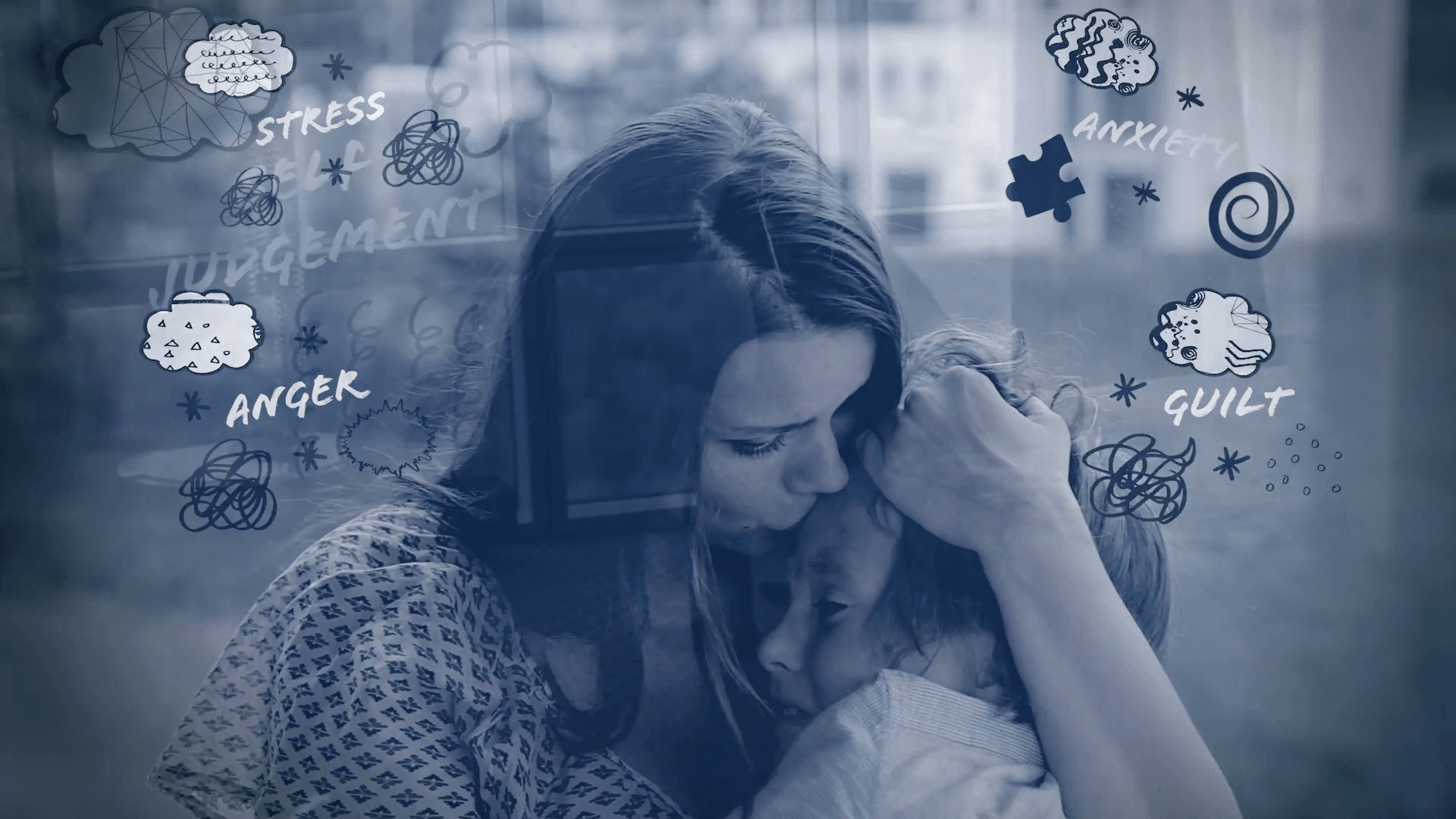
What is Self Compassion
 ACT for Beginners
ACT for BeginnersNow as you know, act doesn't tell you what your values are or should be. It's up for you to kinda work out and figure out and connect with what your values are. However, self compassion is implicit throughout the act model. It's a value that kinda infuses everything. And we often wanna work with our clients on self compassion.
So it's useful to get a sense of the different elements that make up this construct. Now there's not one agreed definition on self compassion across all the different models and I like to define it very simply. It means basically acknowledging your suffering and responding with kindness. You acknowledge your pain, your suffering, your difficulty, and you treat yourself kindly in response.
We can deconstruct, I love that word, deconstruct. We can deconstruct self compassion into six elements, all of which can interconnect and interweave and overlap with each other. Number one, diffusion from harsh self talk. You know, our minds are so quick to beat us up, criticize us, tell us the I'm not good enough story, really get stuck into us, none of which helps us to deal with the difficulties life is giving us. So this is often a very good place to start with self compassion, starting to unhook from those not good enough stories diffuse from that kind of harsh self judgment. Number two, acceptance of the painful emotions that are showing up when life is difficult, You know, when we respond to our emotions, with kinda openness and flexibility, making room for them, allowing them to be there without fighting with them without running away from them, that's an act of kindness in itself.
It's much kinder than taking drugs or alcohol to try to push them away or dropping out of important areas of life trying to escape our pain. Number three, flexible attention. Contacting the present moment, most obviously kind of dropping an anchor in the midst of an emotional storm so that instead of getting swept away by we can take action. We can engage in life. We can do something effective to solve our problems or at least be resilient in the face of our problems. Number four, kindness. So this is at the heart of self compassion is being kind to ourselves in the midst of our pain and suffering.
What are kind things I can say to myself? Kind self talk? What are kind deeds, kind gestures that I can do for myself? You know, most of us are pretty good at being kind to others, when they're suffering. Can we turn that kindness inwards to selves. Number five, validating our painful thoughts and feelings as normal and natural. You know, when life is difficult, we have all sorts of difficult thoughts, feelings, emotions, and memories, and so forth, and very often, my come in and start kinda invalidating our experience.
So just kinda really taking the time to acknowledge that it's normal and natural to have painful feelings and difficult thoughts when life is tough. Number six, connectedness. Very often when we're suffering, we feel alone in it. Can we see how we have something in common with everybody else that everybody suffers Everyone finds life difficult. Everyone has painful thoughts and feelings and emotions. I am like all the other human beings on the planet.
Connectiveness can also involve actually reaching out to other people that you know are likely to respond with kindness and caring when they know that you're hurting. So for some clients, the only person they may have for this is actually the therapist But for most clients, there will be other people in their life. So this kind of sense of connectedness, I'm not alone in my suffering. There are others here.